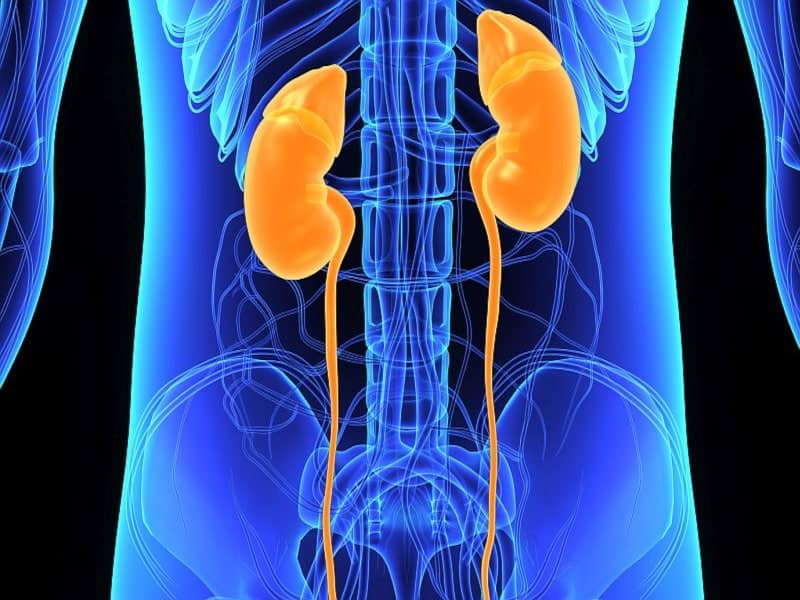MONDAY, June 24, 2019 (HealthDay News) — Nonfunctioning adrenal tumors (NFATs) or adenomas causing mild autonomous cortisol excess (MACE) rarely show clinically relevant changes in size or hormone function, according to research published online June 25 in the Annals of Internal Medicine.
Yasir S. Elhassan, M.B.B.S., from the University of Birmingham Institute of Metabolism and Systems Research in the United Kingdom, and colleagues summarized follow-up of 4,121 adults with NFAT or MACE from 32 studies to determine their natural history.
The researchers found that during 52.8 months, mean tumor growth was 2 mm. There was clinically significant tumor growth (≥10 mm) in 2.5 percent of patients. No patients developed adrenal cancer. Patients with NFAT or MACE were unlikely to develop clinically overt hormone excess (<0.1 percent). Of the patients with NFAT, only 4.3 percent developed MACE; preexisting MACE was unlikely to resolve (<0.1 percent). The prevalence of hypertension, obesity, dyslipidemia, and type 2 diabetes was high (60.0, 42.0, 33.7, and 18.1 percent, respectively). These conditions were more likely to develop and worsen in MACE than with NFAT. New cardiovascular events occurred in 15.5 and 6.4 percent of those with MACE and NFAT, respectively. Mortality was 11.2 percent and was similar for NFAT and MACE.
“Further studies are needed to associate results of endocrine work-up with clinical phenotyping and to define patient-centered outcomes for optimal treatment of such a common endocrine disorder,” write the authors of an accompanying editorial.
One author holds a patent on a diagnostic test for adrenal tumors, and another has ties to the pharmaceutical industry.
Abstract/Full Text (subscription or payment may be required)
Editorial (subscription or payment may be required)
Copyright © 2019 HealthDay. All rights reserved.



